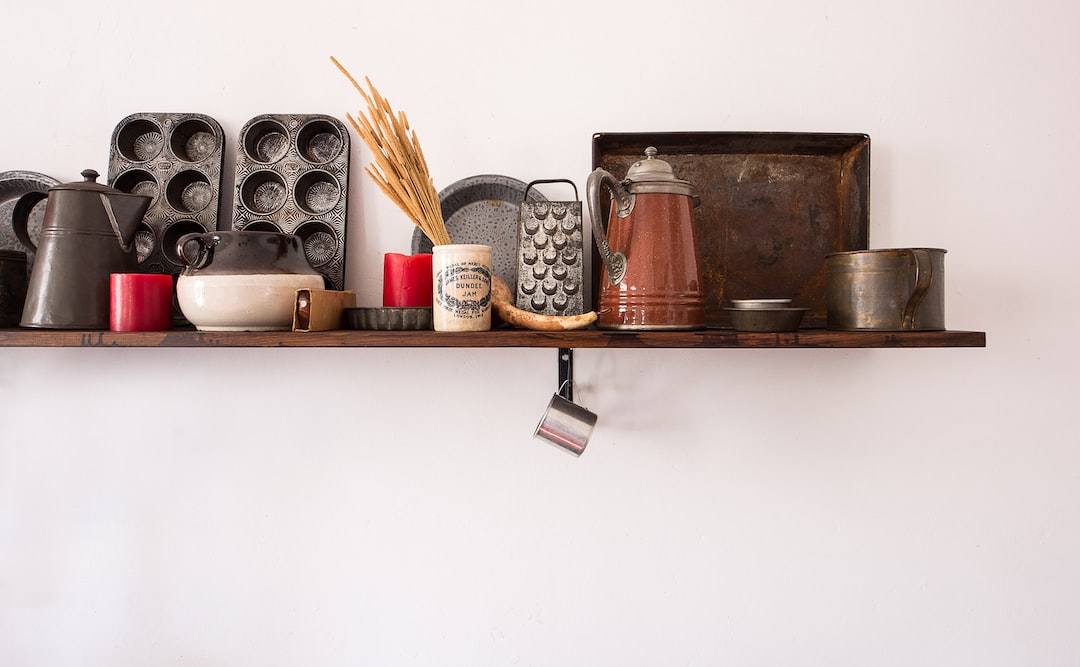Ladle of Contents
Key Takeaways:
– When choosing utensils for stainless steel cookware, consider factors such as sustainability, durability, heat resistance, and ease of cleaning.
– Bamboo utensils are a sustainable option that require hand washing and occasional oiling.
– Wooden utensils are classic, germ-resistant, and environmentally friendly, but they stain easily and require regular oiling.
– Silicone utensils are affordable, heat resistant, and come in various colors, but they can be damaged by sharp objects and some may contain fillers.
– Metal utensils are durable, easy to clean, and dishwasher safe, but they can cause superficial scratches on stainless steel cookware.
Bamboo Utensils: A Sustainable Choice
Bamboo utensils have gained popularity in recent years due to their sustainability and eco-friendly nature. Bamboo is a fast-growing grass that can be harvested without killing the plant, making it a renewable resource. When compared to traditional wooden utensils, bamboo utensils have a lower environmental impact. They are also lightweight and have a natural resistance to bacteria, making them a hygienic choice for the kitchen.
However, it is important to note that bamboo utensils require special care. They should be hand washed with mild soap and warm water, as they are not dishwasher safe. Additionally, bamboo utensils should be dried thoroughly after washing to prevent the growth of mold or mildew. To maintain their longevity, bamboo utensils should be oiled occasionally with food-grade mineral oil.
Wooden Utensils: Classic and Environmentally Friendly
Wooden utensils have been used in kitchens for centuries and are known for their classic and timeless appeal. They are also considered to be environmentally friendly, as wood is a renewable resource. Wooden utensils are naturally resistant to bacteria, making them a hygienic choice for food preparation.
However, wooden utensils require regular maintenance to keep them in good condition. They should be hand washed with mild soap and warm water, as they are not dishwasher safe. It is important to note that wooden utensils can stain easily, especially when used with strongly colored foods. To prevent staining and maintain their appearance, wooden utensils should be oiled regularly with food-grade mineral oil.
Silicone Utensils: Affordable and Heat Resistant
Silicone utensils have gained popularity in recent years due to their affordability, heat resistance, and versatility. Silicone is a synthetic material that can withstand high temperatures, making it suitable for use with stainless steel cookware. Silicone utensils are also available in a wide range of colors, allowing for personalization and coordination with kitchen decor.
However, it is important to note that not all silicone utensils are created equal. Some lower-quality silicone utensils may contain fillers that can leach into food when exposed to high temperatures. To ensure safety, it is recommended to choose silicone utensils that are made from 100% food-grade silicone. Additionally, sharp objects should be avoided when using silicone utensils, as they can cause damage to the material.
Metal Utensils: Durable and Easy to Clean
Metal utensils, such as stainless steel or aluminum, are a popular choice for use with stainless steel cookware. They are durable, easy to clean, and often dishwasher safe. Metal utensils are resistant to heat and can withstand high temperatures without melting or warping.
However, it is important to note that metal utensils can cause superficial scratches on stainless steel cookware. While these scratches do not affect the performance of the cookware, they can be unsightly. To minimize scratching, it is recommended to use metal utensils with care and avoid using sharp or serrated edges against the stainless steel surface.
Conclusion
When it comes to choosing utensils for stainless steel cookware, there are several options to consider. Bamboo utensils offer sustainability and natural resistance to bacteria, but require hand washing and occasional oiling. Wooden utensils have a classic appeal and are environmentally friendly, but can stain easily and require regular oiling. Silicone utensils are affordable, heat resistant, and come in various colors, but it is important to choose high-quality options to avoid potential health risks. Metal utensils are durable, easy to clean, and dishwasher safe, but can cause superficial scratches on stainless steel cookware. Ultimately, the choice of utensils depends on personal preferences and priorities, such as sustainability, durability, and ease of use.








